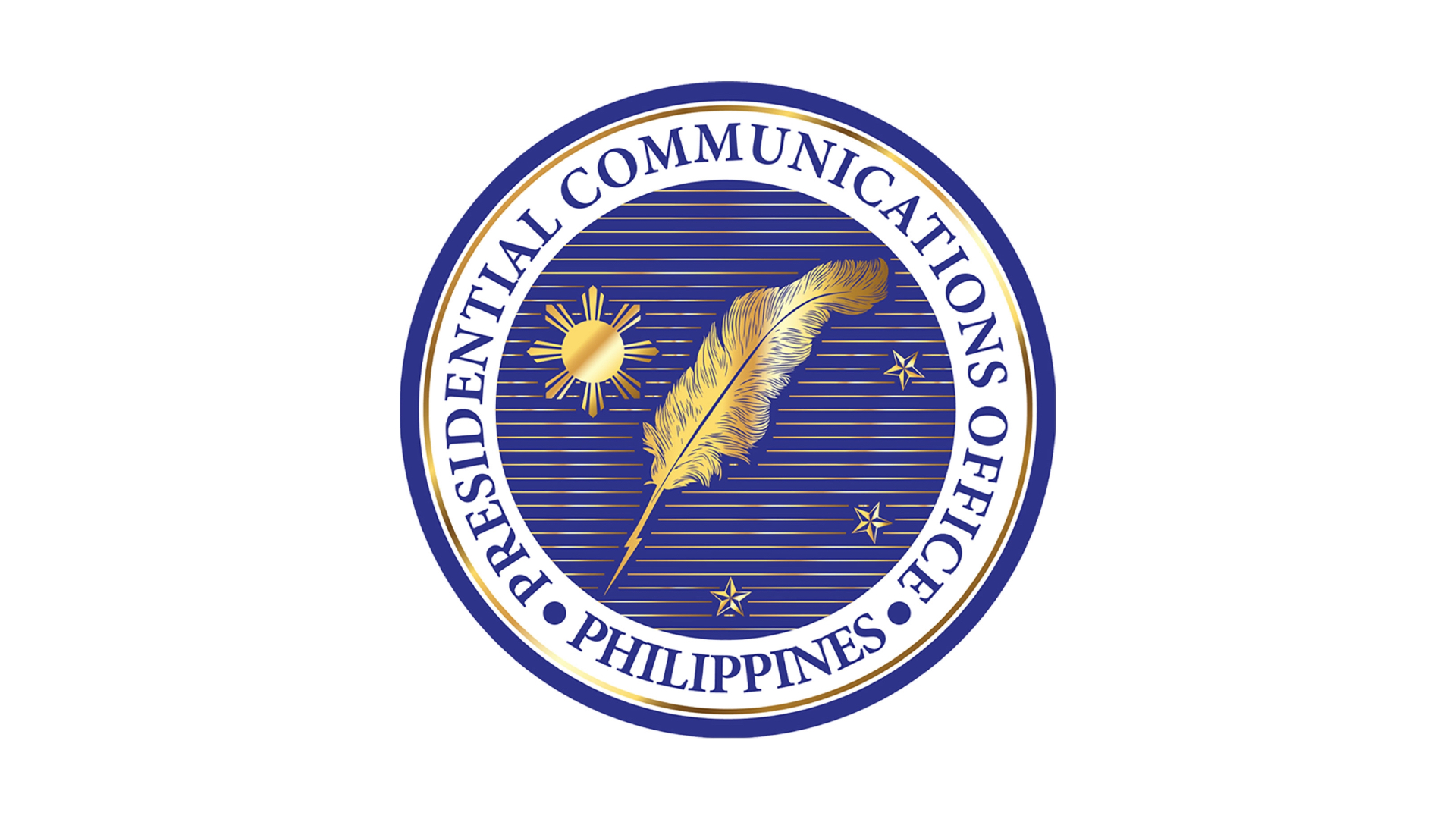
8 January 2026
Department of Agriculture (DA) Secretary Francisco Tiu Laurel Jr. on Thursday said the increased budget allocation for the agriculture sector will strengthen food production, ensure long-term food security, and promote rural development and inclusive economic growth.
Tiu Laurel expressed gratitude to President Ferdinand R. Marcos Jr., as well as to the Senate and the House of Representatives, for the DA’s PhP215 billion funding under the PhP6.793 trillion national budget for 2026.
“The increased allocation reflects a clear understanding that agriculture is central to food security, rural development, and inclusive economic growth,” Tiu Laurel said in a press briefing in Malacañang.
Tiu Laurel also thanked President Marcos for the strong support for programs to strengthen rice production, expand palay procurement and make rice affordable through the Benteng Bigas Meron Na program.
“These initiatives strike at the heart of our mandate, ensuring fair, stable prices for our farmers while making rice affordable for the Filipino people,” the DA Secretary said.
Following President Marcos’ directive, the Benteng Bigas Meron Na program aims to stabilize rice prices and make the staple food more accessible by offering rice at PhP20 per kilo to vulnerable sectors.
By strengthening procurement of palay, Tiu Laurel said the government has reduced farmers’ dependence on middlemen and provided them with a more reliable market for their harvest.
Meanwhile, in 2026, the Benteng Bigas Meron Na program will expand to reach as many as 15 million families, equivalent to around 60 million Filipinos, he said.
Tiu Laurel also said the DA budget significantly boosts funding for farm modernization.
“These investments are critical to lowering production costs, improving efficiency, and addressing labor constraints. Simply put, this will allow farmers and fisherfolk to earn more from the same effort,” he said.
“We also welcome the increased focus on digitalization, modern data systems, and digital platforms which will improve transparency, speed up service of delivery, and ensure that government support reaches the right people at the right time,” Tiu Laurel also said.
The DA secretary added that equally important is the continued investment in infrastructure, irrigation systems, post-harvest facilities, cold storages, farm-to-market roads, and deepwater agricultural ports, which reduce losses, raise productivity, connect producers more effectively to markets, and bring greater development to the countryside.
“The PhP215 billion budget is not just about spending more, it is about spending smarter to raise incomes, strengthen the agricultural value chain, bring real lasting development to the countryside,” Tiu Laurel said. | PND

8 January 2026
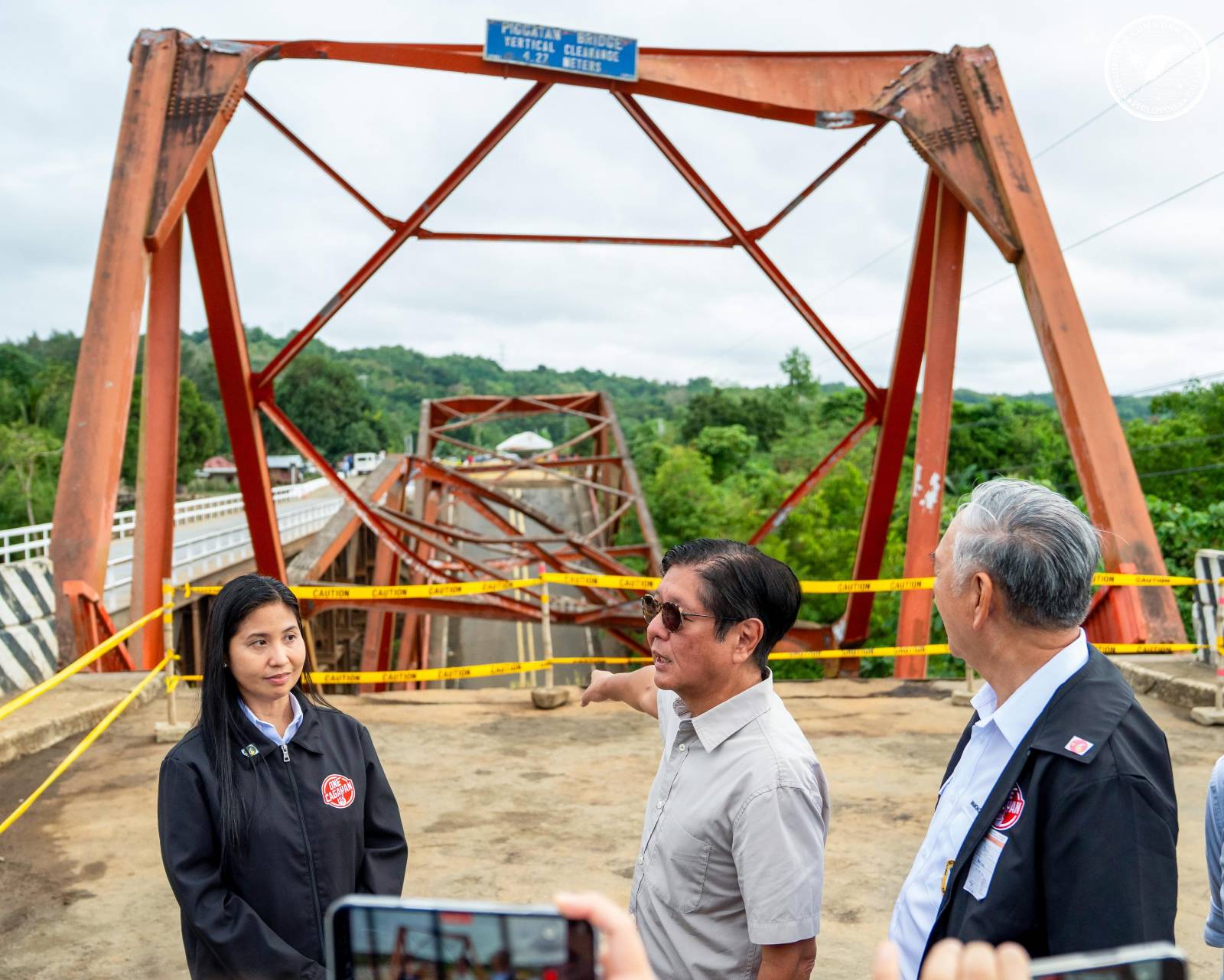
8 January 2026

7 January 2026
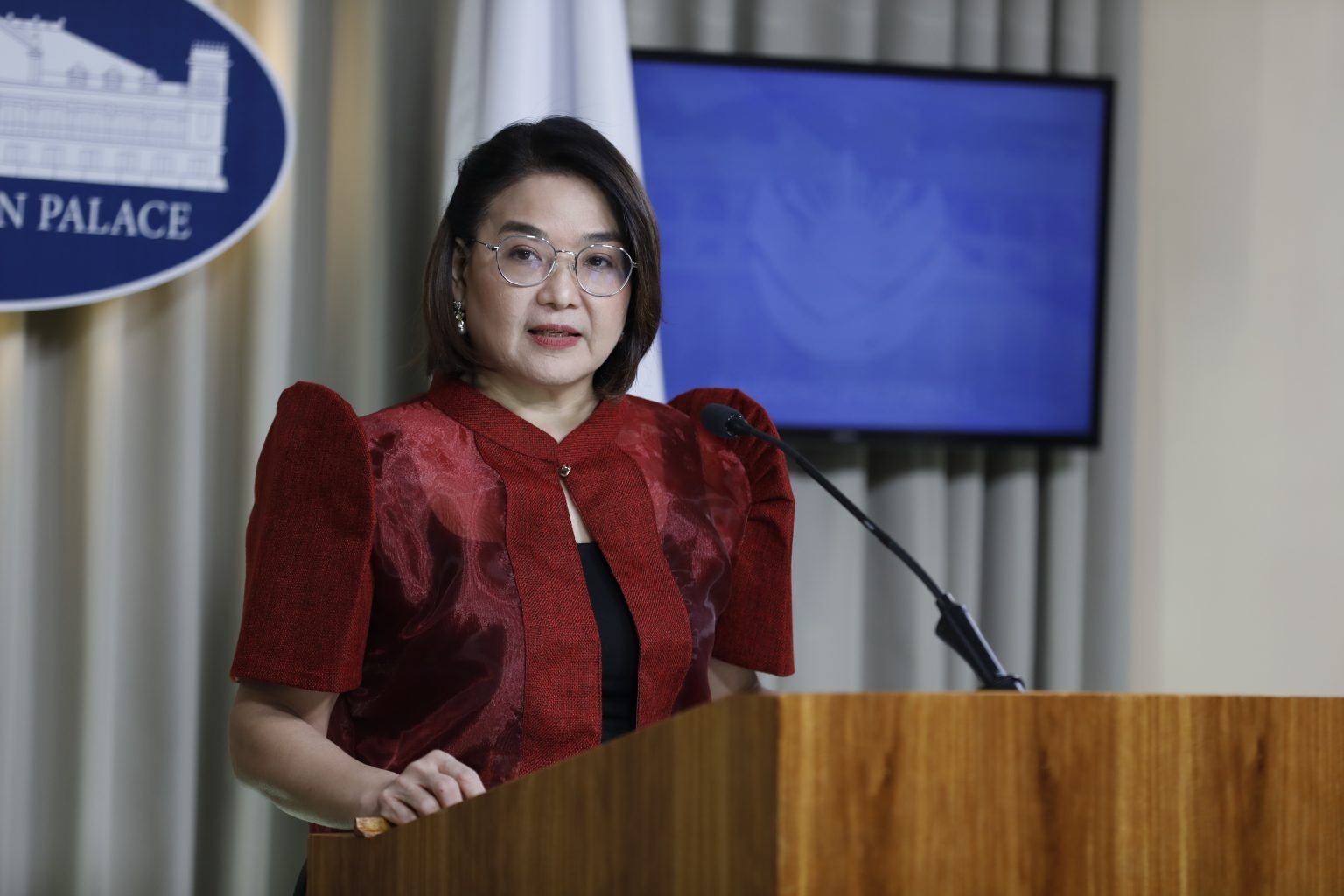
6 January 2026

8 January 2026
“Keep it clean, do it fast.”
President Ferdinand R. Marcos Jr. has instructed the Department of Agriculture (DA), now fully responsible for farm-to-market road (FMR) projects, to ensure their construction is conducted with integrity and efficiency, reflecting the administration’s commitment to accountability and transparency.
“Unang-una, pangalan ko po at pangalan ng ating Pangulo ang nakataya dito at ang ating Pangulo ay talagang malinaw ang direktiba sa aming lahat: ‘Keep it clean, do it fast,” DA Secretary Francisco Tiu Laurel Jr. said during a Palace press briefing on Thursday, as he thanked President Marcos for the higher DA allocation under the PhP6.79 trillion 2026 General Appropriations Act (GAA).
Under the 2026 national budget, the DA has been allocated PhP215 billion, underscoring the administration’s strong commitment to food security, rural development, and agricultural productivity.
With the President’s directive in place, Tiu Laurel stressed that the DA will ensure that the implementation of FMR projects will not repeat the anomalies previously associated with flood control projects.
He assured the public that FMR projects will be subject to proper costing, moving away from the uniform costing practices used in previous administrations.
Tiu Laurel added that he has already reached out to the private sector and has held meetings with reputable companies to review project cost figures, emphasizing that these measures are intended to prevent overpricing and ensure transparency.
“Actually as of today, nagmi-meet ngayon sa office namin iyong civil society groups that are willing to sign a MOA with them to help us monitor this and it will be so transparent, every single Filipino can actually go to this portal and see what is happening to every single road na ginagawa,” Tiu Laurel said. | PND

8 January 2026

8 January 2026

7 January 2026

6 January 2026

8 January 2026
President Ferdinand R. Marcos Jr. is scheduled to leave for the United Arab Emirates on January 12 for a working visit, Malacañang announced on Thursday.
President Marcos’ visit is upon the invitation of UAE President Sheikh Mohamed bin Zayed Al Nahyan.
The Chief Executive will participate in the Abu Dhabi Sustainability Week, slated from January 11 to 15, where leaders from government, business, and society will discuss steps to advance global sustainability.
The President will join other heads of state and government in discussing issues related to energy, water, financial matters, food and the environment, according to Presidential Communications Office Undersecretary and Palace Press Officer Claire Castro.
President Marcos is also scheduled to attend the signing of two important agreements between the Philippines and the UAE, namely the Comprehensive Economic Partnership Agreement (CEPA) and the Memorandum of Understanding on Defense Cooperation.
Castro said the CEPA is the Philippines’ first free trade agreement with a country from the Middle East that aims to expand market access in the region.
Meanwhile, the Memorandum of Understanding on Defense Cooperation will serve as a solid foundation for cooperation with the UAE to develop the Philippines’ defense technologies, according to Castro.
“Buo ang paniniwala ni Pangulong Marcos Jr. na magiging makabuluhan at kapaki-pakinabang para sa sambayanang Pilipino ang kanyang papalapit na pagbisita sa Abu Dhabi,” Castro said in a press briefing. | PND

8 January 2026

7 January 2026

6 January 2026

8 January 2026
President Ferdinand R. Marcos Jr. on Thursday encouraged young athletes to give their best and embrace the spirit of sportsmanship as he graced the opening of the Cagayan Provincial Athletic Association (CPAA) Meet.
In his message at the Camalaniugan Sports Complex, President Marcos highlighted the values of discipline, camaraderie, and perseverance that sports instill in students.
“Patuloy pa rin ang palakasan dahil ito ang pinakamagandang training para sa ating mga kabataan dahil natututo tayo ng disiplina, natututo tayo ng camaraderie. Natututo tayo at kung paano pagka kahit na medyo nadapa ay babangon ulit para manalo ulit, para maging champion,” the President said.
President Marcos emphasized the importance of continuing to promote sports among the youth, noting that participation in athletic activities teaches valuable life lessons beyond the playing field.
“Kaya ipagpatuloy natin ito. We will continue to encourage sports amongst our young people because as far as I’m concerned, there is no downside to sport. Lahat ng makukuha ninyo, lahat ng mga ugali, lahat ng mga leksyon na matututunan ninyo dahil kayo ay sumasabak sa palakasan… ay magagamit ninyo sa inyong mga buhay. Makakatulong sa inyo,” the President added.
To continue empowering the youth, the President said the government is reincorporating sports administration into the Department of Education (DepEd).
“Dati, ang DePEd, ang tawag diyan DECS – Department of Education, Culture and Sports. Tinanggal ang sports sa eskwelahan. Dahan-dahan nating binabalik sa eskuwelahan at para lahat ng ating kabataan ay nakakaranas ng sport, nakakapagpalakas ng katawan, at matututo paano makisama sa ibang team at ibang tao,” said President Marcos.
The CPAA Meet runs from January 7 to 10, while the official opening is set on January 8 at the Camalaniugan Sports Complex.
Organized by the DepEd Schools Division Office Cagayan, the event is supported by the Camalaniugan local government and the Cagayan provincial government.
The CPAA Meet serves as an avenue for the selection of provincial entries to the region-wide Cagayan Valley Regional Athletic Association Meet which will be conducted in April 2026.
The Regional Sports Meet is a prelude to the Palarong Pambansa in May 2026. | PND

8 January 2026

8 January 2026

7 January 2026

6 January 2026

8 January 2026
President Ferdinand R. Marcos Jr. on Thursday personally oversaw the progress on the Piggatan Bridge rehabilitation, underscoring the government’s commitment to restoring the vital transportation link along the Maharlika Highway in Barangay Piggatan, Alcala, Cagayan.
President Marcos conducted the inspection together with Cagayan Governor Edgar Aglipay, Alcala Mayor Christina Ignacio-Antonio, Department of Public Works and Highways (DPWH) Secretary Vince Dizon, and DPWH Region II Assistant Regional Director Ronalyn Ubiña.
The President was briefed on the status of the Piggatan Bridge project, including the successful completion and opening of the temporary detour steel bridge last month.
The Chief Executive was also presented with the plans for the permanent bridge, which will replace the old Piggatan Bridge and provide a long-term, climate-resilient solution to address increasing traffic demand along the national highway.
President Marcos directed the DPWH to ensure that the replacement bridge is properly designed and constructed.
The President also said the new bridge should be safe and durable and should comply with proper engineering standards.
Built in 1980 and designed to carry up to 18 tons, the 74.4-meter Piggatan Bridge collapsed on October 6, 2025 due to severe overloading when four heavy trucks with an estimated total load of over 130 tons crossed the bridge. Six individuals were injured in the collapse.
Upon the President’s orders to fast-track the construction, the temporary detour bridge was officially opened to traffic on December 19, 2025, ensuring uninterrupted mobility of people, goods, and services while preparations for the permanent bridge are underway.
“Kaya’t minadali natin na maglagay nitong tinatawag naming temporary (bridge). Pero, pagka nagawa natin, hindi na natin aalisin ‘yan para may extra lane,” President Marcos said in his remarks during the inspection.
The President said the temporary bridge was constructed within 60 days on land donated by Piggatan residents.
President Marcos highlighted the efficient use of previously stored construction materials, noting that resources which had been kept in storage by the DPWH for years due to project cancellations, were finally put to productive use.
“’Yung mga ginamit na mga materyales dito, naka-storage sa DPWH ng mga almost 15 years dahil nagkaroon ng projects na hindi natuloy, naiwan na lang doon at hindi na nagagamit for that amount of time. Pero mabuti na nagamit na natin,” added the President.
President Marcos’ visit emphasized the importance of fast-tracking the implementation of the permanent bridge to ensure public safety, strengthen regional connectivity, and support economic activity in Northern Luzon. | PND

8 January 2026

7 January 2026

6 January 2026
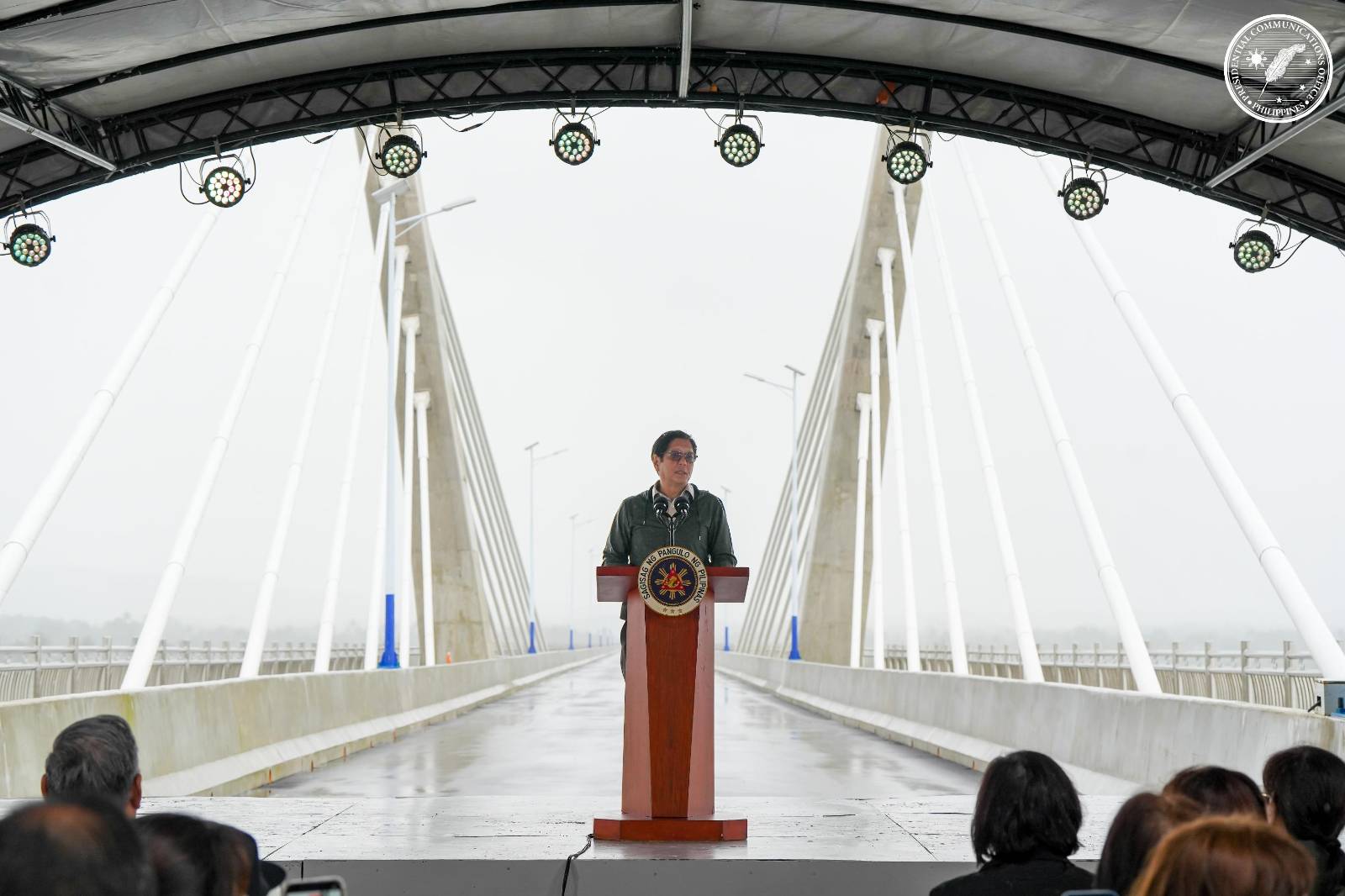
8 January 2026
President Ferdinand R. Marcos Jr. led the inauguration Thursday of the PhP2.3 billion Camalaniugan Bridge in Cagayan, which he said could spur development in the area.
“I think this will serve as a model for many of the other bridge projects that we will be seeing around the country,” President Marcos said.
“At nakakatuwa dahil napakalaking bagay ang paglagay ng ganitong klaseng tulay dahil as all of you here are well aware, it cuts the travel time, imbes na umiikot ng napakalayo para tumawid ay nandito na ‘yung ating Camalaniugan Bridge,” the President added.
President Marcos said the government accelerated the construction of the bridge to benefit the public and nearby communities, particularly by boosting economic activity in the area.
“I am sure na itong tulay na ito ay magbabago ang ekonomiya sa magkabila ng tulay na ito. Maraming mabubuksan, and this will give many opportunities in the surrounding areas, mabibigyan ng mga opportunities for new jobs, for new businesses, and I’m sure that you will feel the economic effects in a very, very short time,” the President said.
The Chief Executive congratulated the Department of Public Works and Highways (DPWH) “for their very good work here and to see that everything was completed on time and on budget.”
Aside from ensuring seamless traffic flow, the bridge was constructed in line with the current safety standards, the President also noted.
President Marcos also assured the public that the money spent on building vital infrastructures benefits Filipinos.
The 2.16-kilometer, two-lane Camalaniugan Bridge will serve as an alternative route to the Magapit Suspension Bridge, previously the only bridge at the northernmost part of Cagayan that spans the Cagayan River.
With the bridge’s completion, travel time between Aparri and Ballesteros in Cagayan is expected to be cut from one hour to just 20 minutes, benefiting an estimated 6,000 daily commuters and travelers. | PND

8 January 2026

8 January 2026

7 January 2026

6 January 2026
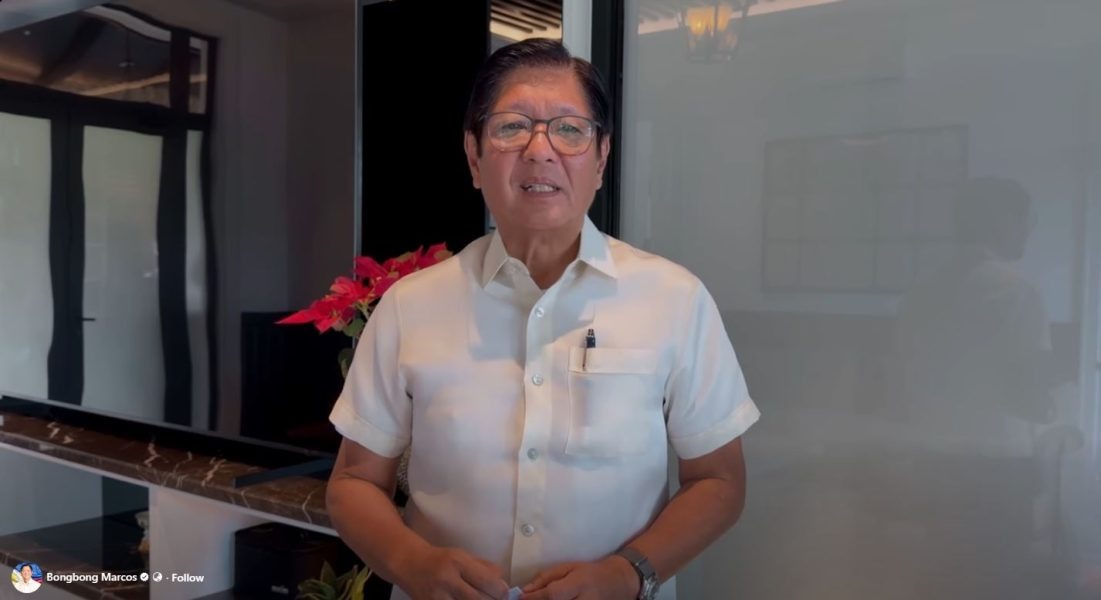
8 January 2026
President Ferdinand R. Marcos Jr. ordered the Philippine Health Insurance Corporation (PhilHealth) to grant a general amnesty, giving business owners, employers, and self-employed members a one-time opportunity to settle their unpaid contributions without incurring interest and penalty charges for late payments.
“Sa aming patuloy na pagtulong sa ating mga kababayan, lalong-lalo na sa tinatawag nating healthcare, inutusan ko po ang PhilHealth na magpatupad ng general amnesty para sa mga negosyante, private employer, mga self-employed na ating mga kababayan na hindi nabayarang kontribusyon sa PhilHealth,” President Marcos said in a message aired on his official social media account on Thursday.
The President ordered a one-time waiver of the three percent compounded or accumulated monthly interest charged on unpaid premium contributions, citing the financial burden the penalty places on members who are struggling to settle their dues.
The President added that the general amnesty is expected to benefit around 300,000 PhilHealth members.
“Alam naman namin na ‘yung three percent na binabayad para sa PhilHealth eh medyo – na buwan-buwan ay ramdam na ramdam ng ating mga kababayan,” the Chief Executive said.
“Kaya’t inutusan ko po ang PhilHealth, gagawa tayo nitong taon na ito, 2026, ang tinatawag naming one-time waiver para sa interest ngayong taon,” the President noted.
President Marcos said the government will give those concerned one year to pay all their missed contributions from 2013 up to 2024.
President Marcos also urged employers to update their employees’ records and ensure their enrollment in the PhilHealth YAKAP (Yaman ng Kalusugan Program).
PhilHealth YAKAP is an enhanced primary care program that provides free consultations, essential medicines, lab tests, and cancer screenings to promote early detection and reduce health-related expenses for Filipinos.
President Marcos reiterated the government’s commitment to easing the burden of Filipinos on healthcare costs.
“Kaya po ito po ay patuloy naming ginagawa upang pagaanin ang dala ng ating mga kababayan tungkol nga sa mga healthcare costs at sa lahat ng iba’t ibang hamon na hinaharap ng ating mga kababayan araw-araw,” the President said. | PND

8 January 2026

8 January 2026

7 January 2026

6 January 2026

7 January 2026
Department of Health (DOH) Secretary Teodoro J. Herbosa clarified that it is not government policy to use guarantee letters issued by political figures for patients in DOH-run hospitals, as he thanked President Ferdinand R. Marcos Jr. for ensuring the continued full implementation of the zero balance billing program.
During a Malacañang Palace press briefing on Wednesday, Herbosa stressed that patients seeking treatment in DOH-run hospitals no longer need to solicit assistance from lawmakers or politicians.
“We do not really use guarantee letters. The DOH does not use guarantee letters,” Herbosa said. “We only issue guarantee letters to private hospitals with which the DOH has a Memorandum of Agreement. Other than that, we do not use guarantee letters.”
Herbosa added that if a politician or any private individual issues a guarantee letter, that person—not the government—should be the one to pay the hospital bill.
The health secretary explained that the zero balance billing policy has been in full effect since July 2025, allowing patients admitted in basic or ward accommodation in DOH hospitals to receive services without paying out of pocket.
He assured the public that sufficient funding is available to sustain the program.
President Ferdinand R. Marcos Jr. signed the PhP6.793 trillion General Appropriations Act (GAA) for Fiscal Year 2026 on January 5, granting the DOH its largest budget allocation to date at PhP448 billion.
Herbosa further clarified that restrictions on political involvement in the distribution of financial assistance were enacted by lawmakers, not by the DOH.
Under the 2026 GAA, the distribution of cash and other forms of financial assistance must be carried out exclusively by authorized government personnel or accredited partner agencies. The law explicitly prohibits elective officials, candidates, politicians, political parties, and their representatives from influencing or participating in the actual distribution of assistance, except for officials with direct administrative authority over the implementing agency. | PND

8 January 2026

8 January 2026

7 January 2026

6 January 2026

7 January 2026
The Department of Health (DOH) on Wednesday said the so-called “super flu” recently detected in the Philippines is not a cause for alarm, even as health authorities continue to monitor the emergence of a new flu variant.
“(It is) not alarming but there is a new variant out there,” DOH Secretary Teodoro Herbosa said when asked about the “super flu” during a Palace press briefing.
Herbosa said all the 17 cases of “super flu” detected around July last year have recovered.
“As we very well know, flu is a self-limiting illness, unless mayroon kang medical condition, elderly ka, so we still recommend the use of the flu vaccine,” said the DOH chief.
Herbosa advised the public traveling to temperate countries or regions with relatively cold climates, particularly areas reporting the spread of the “super flu,” to get vaccinated.
“I think the warning I will give is for Filipinos who will travel to temperate countries, who will go to North America, to the UK. If you’re going there, be knowledgeable that there is a spread of the super flu in that area,” Herbosa said.
“Maybe get the northern hemisphere vaccine. That’s my best advice for them. Kung magta-travel kayo, bibisita kayo sa kamag-anak ninyo sa malamig, winter places, get the shot – the northern hemisphere shot not the southern hemisphere shot,” Herbosa stressed.
Reports indicate that the “super flu,” officially identified as subclade K, is a variant of the H3N2 virus.
H3N2, a subtype of Influenza A, is known for causing seasonal flu epidemics and significant illness.
The so-called “super flu” has reportedly been spreading in several countries over the past few months. | PND

8 January 2026

8 January 2026

6 January 2026

7 January 2026
The Department of Health (DOH) is set to pilot the zero balance billing program in provincial hospitals being run by local government units to eliminate out-of-pocket medical expenses for eligible patients.
With a PhP448 billion DOH budget for this year, Health Secretary Teodoro Herbosa said the department is set to expand President Ferdinand R. Marcos Jr.’s policy on zero balance billing for patients admitted in basic or ward accommodation in DOH hospitals.
In a press briefing in Malacañang on Wednesday, Herbosa said PhP1 billion would be allocated this year to implement the zero balance billing program in select secondary and tertiary LGU hospitals.
“We have actually selected provinces that have actually fulfilled their commitments to universal health coverage and these are Sarangani, Laguna, Aklan – there are about five of them, ipa-prioritize ko sila,” Herbosa said.
Herbosa said the pilot phase would be implemented in Level 2 and Level 3 LGU hospitals that offer specialized medical services.
“For the Level 1 hospitals, ang feeling namin kaya na siyang i-support noong increased benefits of PhilHealth (Philippine Health Insurance Corporation). So, alam iyon ng mga local chief executives. But for LGUs that have Level 2 and Level 3 hospitals, ito iyong mas complex procedures and higher cost of care, sila iyong gagamitin nating pilot,” he explained.
Herbosa also said the DOH will prioritize LGU hospitals in provinces that have no DOH hospitals.
“For the rest of the LGUs, puwede pa rin namin silang tulungan per patient basis through the MAIFIP,” the DOH chief said, referring to the Medical Assistance for Indigents and Financially Incapacitated Patients to cover medical costs beyond what PhilHealth covers.
Herbosa said DOH hospitals would enter into formal agreements with LGU hospitals to accept patients who could not be accommodated in the basic accommodation of DOH hospitals.
“So, ang mangyayari dito I will ask my medical center chiefs to have a memorandum of agreement with an LGU hospital and kung puno iyong DOH hospital, papalipatin namin sila sa LGU hospital pero sasagutin naming, zero balance iyong pasyente doon,” he said.
“So, the fund continues to support our Filipinos na magpapa-basic accommodation.”
The DOH said around a million patients have benefitted from the zero balance billing program since President Marcos ordered its strict implementation during his fourth State of the Nation Address (SONA) last July 28. | PND

8 January 2026

8 January 2026

7 January 2026

6 January 2026